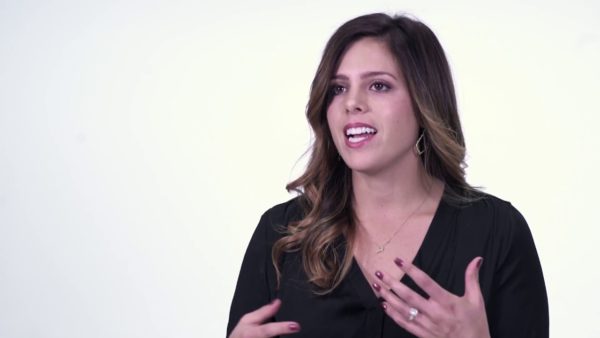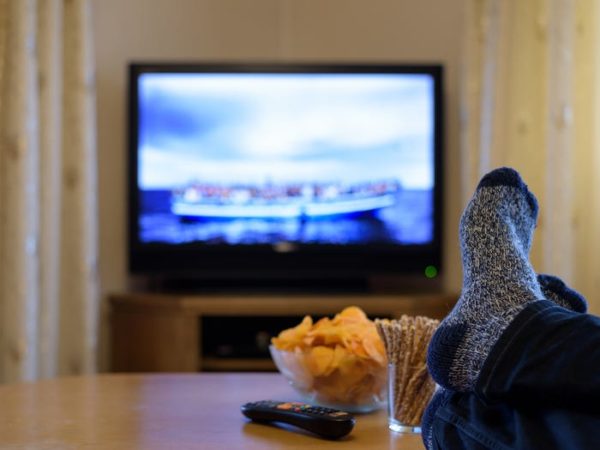
3 Incredibly Smart Ways to Spend Your Day, According to Google’s Top Productivity Expert
Laura Mae Martin, Google’s in-house productivity expert, often shares productivity tips.

We all want to be more productive, but how do we actually make it happen? Most of us look for time-saving tips and tricks — use your calendar as a motivational tool! Take a break for moderate exercise during the day so you have more energy for work!
These kinds of tips can be highly useful, and we encourage you to try out any that make sense to you. But sometimes the best way to address productivity is to rethink everything about how you spend your time and how you set your priorities, helping you be not only more productive but also more fulfilled. And perhaps helping you reach the next level of success as well.
That’s how we would describe some advice from Laura Mae Martin, Google’s in-house productivity expert, who trains the company’s executives. Martin has shared lots of useful productivity tips, often around email, with Google executives. But her real strength is helping people change their approach to the whole idea of productivity, and to how they do their jobs.

Here are three pieces of masterful advice from Martin that we intend to start following right away. Maybe you should, too.
1. Decide on your priorities and say no to everything else

Choose your top priorities for each quarter, Martin advises in an interview on a Google blog. (I might try setting priorities for each month, since things can change quickly.) Write them down on a piece of paper and display that paper prominently near your desk. Then, whenever you’re asked — or tempted — to do something that doesn’t help you achieve those specific goals, say no. Having the note in front of you will make that no easier to say. Practice helps, too — the more times you say no, the better you’ll get at saying it gracefully and without getting uncomfortable.
It’s important not to clutter up your calendar or your workday with things that don’t move the needle on what you care about most. “The more you say no, the more chances you have to say yes to something that really matters,” Martin explained.
2. Schedule half an hour of ‘me’ time every day

When a Google blogger asked Martin to name a habit that makes her successful, this is the answer she gave. She said she spends 30 minutes at the start of the day when she allows no interruptions, which she calls the “Laura 30.” What important tasks does she accomplish during the Laura 30? “I just drink my coffee, meditate, journal, or play the piano,” she explained in the blog. The point is to ground her and start her day with a calm and focused mind.
Speaking of a calm and focused mind, Martin believes that everyone who wants to be more productive should practice meditation. People find the concept intimidating, she acknowledges. But, she said, “if you had to cut a thousand pineapples, wouldn’t you spend some time sharpening the knife?” In the same way, taking a few minutes for meditation makes your mind sharper and aids concentration throughout the day.
3. Define productivity as doing what you intended

A day spent sprawled on the couch watching Netflix is a productive day, Martin told Quartz, if that’s how you intended to spend it.
Why would you plan to spend a day that way? I occasionally plan a day like that for myself when I’m feeling particularly tired or burned out and need to do something completely effortless. And when I do take a day to be lazy and self-indulgent, I usually find my productivity picks up when I get back to my desk.
But Martin’s larger, and very insightful, point is that productivity is really about intent. If you intend to spend the day writing a proposal but wind up watching Netflix instead, then that’s lost productivity — but that’s also true if you spend the day answering a thousand emails or sitting in meetings that aren’t directly helpful for your job. And if spending time with your kids is one of your priorities, then driving them to school is time spent productively.
The secret is “knowing what you want to do, intending to do it, and doing what you wanted to do,” Martin explained. That may be the smartest definition of productivity you’ll ever hear.














































